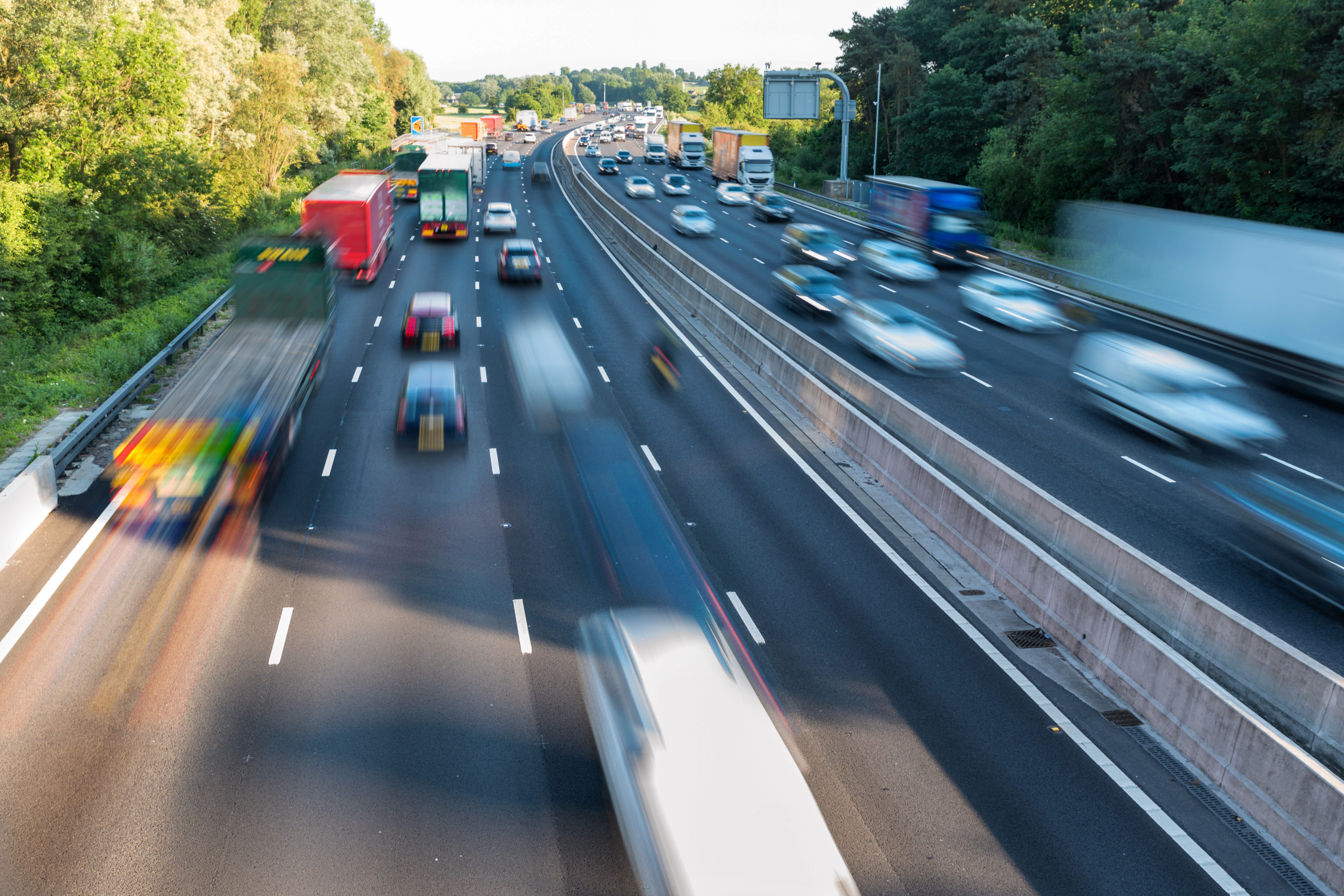Transport Select Committee calls for an honest conversation on the topic
There is no “viable alternative” to road pricing, based on telematics, if the chancellor wants to continue to tax motorists as revenue from fuel duty dries up because of the switch to electric cars.
That is the conclusion of a report from the Transport Select Committee which warns government that it faces a £35 billion a year financial black hole if it doesn’t act now to develop a new system of motoring taxation.
According to the committee “a road pricing system, based on miles travelled and vehicle type, would enable the Government to maintain the existing link between motoring taxation and road usage.”
The committee says that “the ban on the sale of new petrol and diesel vehicles from 2030 will result in a corresponding decline in two significant sources of Treasury revenue. As sales of electric vehicles increase, Treasury revenue from motoring taxation will decrease, because neither fuel duty nor vehicle excise duty are currently levied on electric vehicles.”
It says that government must start an “honest conversation” on the topic.
Ministers must ensure that any new system:
- entirely replaces fuel duty and vehicle excise duty rather than being added;
- is revenue neutral with most motorists paying the same or less than they do currently;
- considers the impact on vulnerable groups and those in the most rural areas;
- does not undermine progress towards targets on increased active travel and public transport modal shift; and
- ensures that any data capture is subject to rigorous governance and oversight and protects privacy.
Commenting on the report Steve Gooding, director of the RAC Foundation, said:
“The Transport Committee has astutely spotted that the silver lining of zero-carbon motoring comes wrapped in a cloud of trouble for the Chancellor as his fuel duty income dries up.
“This report joins an illustrious catalogue of reports arguing that ‘something must be done’. What’s different today is that the Chancellor is fast approaching a financial cliff-edge. Forget 2050, our analysis shows that fuel duty revenue from cars alone could be down by £5 billion a year as soon as 2028 because of accelerating sales of battery-powered cars.
“Drivers choosing to go electric deserve to know what is coming next – particularly if the promise of cheap per-mile running costs is set to be undermined by a future tax change.
“If the Treasury is thinking it can leave this issue for another day but still recoup their losses from electric vehicles they risk a furious backlash from drivers who made the choice to go electric expecting to save money.
“The temptation with road-user charging is to create an over-complex system that’s expensive to run and fails to deliver the desired outcome. The trick is to keep it simple: less risky to operate for the government and easy to pay for the motorist, for example by allowing payment to be collected alongside vehicle insurance premiums.”
In January of this year the RAC Foundation published its own analysis of how fast and by how much fuel duty revenue from cars might decline. The amount collected in duty annually could fall by down by as much as £5 billion by 2028 if the take up of electric cars accelerates rapidly.
Back in 2017 the RAC Foundation contributed to the winning Wolfson Prize entry about road pricing.
ENDS
Contact:
Philip Gomm – Head of External Communications – RAC Foundation
07711 776448 | [email protected]
Notes to Editors:
The RAC Foundation is a transport policy and research organisation that explores the economic, mobility, safety and environmental issues relating to roads and their users.
The Foundation publishes independent and authoritative research with which it promotes informed debate and advocates policy in the interest of the responsible motorist. All the Foundation’s work is available at: www.racfoundation.org


